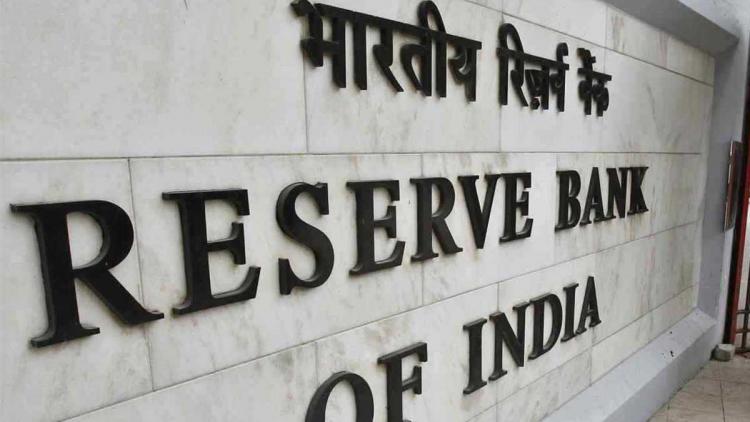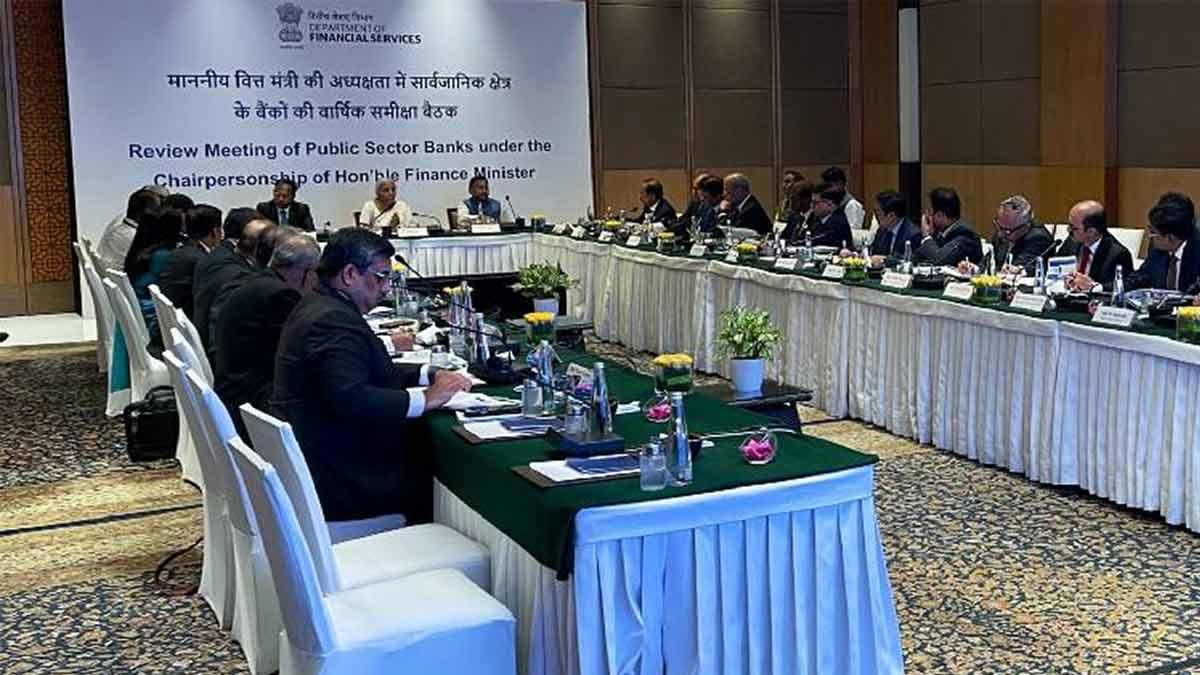The RBI implemented stringent guidelines barring regulated entities like banks and NBFCs from investing in Alternative Investment Funds (AIFs) with any direct or indirect connections to the debtor companies they've had financial exposure to in the past year. This move aims to address concerns surrounding AIFs potentially concealing bad loans within the financial system.
Effective immediately, the RBI demands regulated entities to divest their AIF investments within 30 days if the fund invests in an existing borrower. Failure to comply necessitates a 100% provision on these investments. Additionally, investments in subordinate units of funds operating on a 'priority distribution' model will face deductions from the entity's capital.
The RBI's prompt actions respond to regulatory worries of potential "evergreening" practices through AIFs and aim to enforce stricter protocols to ensure transparency and prevent the masking of bad debts within the financial ecosystem.
Key Points:
1. The RBI implemented immediate restrictions preventing banks and NBFCs from investing in AIF schemes connected, directly or indirectly, to companies they've had financial dealings with in the past year.
2. According to the RBI notification, a debtor company for these entities is defined as any company they've had a loan or investment association with in the preceding 12 months.
3. These stringent measures were introduced due to concerns about AIFs concealing bad loans, where certain transactions with REs raised worries of "evergreening" problematic loans.
4. Lenders are mandated to sell their investments in AIFs linked to existing borrowers within 30 days. Failure to comply requires 100% provisions on these investments, as per the RBI directive.
5. Additionally, if a regulated entity invests in lower-level units of a fund operating under a 'priority distribution' model, the investment's value will be entirely deducted from the entity's capital.
(With Agency Inputs)
ALSO READ | RBI's Penalties on Banks and NBFCs Total Rs 40.39 Crore for 2022-23


















